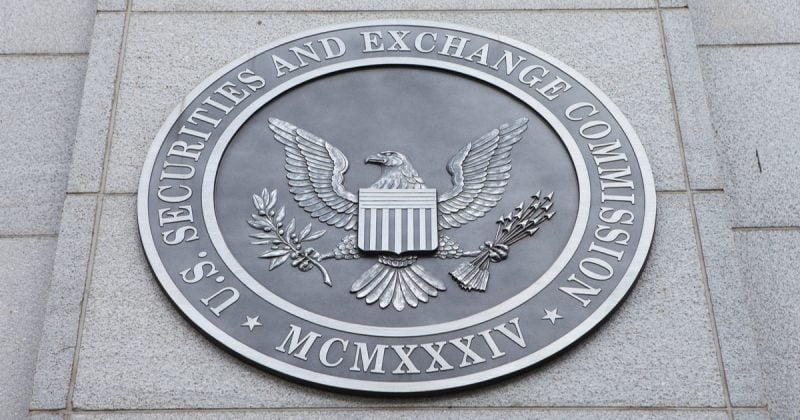
Commissioner Calls SEC “Stodgy” After Bitcoin ETF Rejection
Hester Peirce critiques the agency for lack of imagination
The American Securities and Exchange Commission (SEC) has rejected yet another Bitcoin ETF application. This time, Wilshire Phoenix, a New York-based investment firm, bore the brunt of the agency’s ruling.
SEC Commissioner Hester Peirce believes the dismissal is unfounded and “evinces a stubborn stodginess in the face of innovation.”
SEC Sinks Another Bitcoin ETF
The Commission cited crypto’s vulnerabilities to market manipulation as a prime reason in its latest rejection.
Wilshire Phoenix, the applicant in question, submitted its proposal with NYSE Arca in June 2019. They refiled again in October so as to include a minor amendment, and the Commission postponed their ruling the following month.
On Wednesday, the SEC finally concluded that:
“The Commission concludes that NYSE Arca has not met its burden under the Exchange Act and the Commission’s Rules of Practice to demonstrate that its proposal is consistent with the requirements of Exchange Act Section 6(b)(5), and, in particular, the requirement that the rules of a national securities exchange be ‘designed to prevent fraudulent and manipulative acts and practices’ and “to protect investors and the public interest.”
Wilshire Phoenix’s product now joins the Winklevoss twins, VanEck, and Bitwise in what is turning into a laundry list of rejected or withdrawn ETF attempts.
Following Wilshire’s rejection, SEC Commissioner Hester Peirce voiced her disappointment in the agency’s resistance to this family of derivative assets.
She concluded that despite the responsiveness of each company and their accordant amendments, “this Commission is unwilling to approve the listing of any product that would provide access to the market for bitcoin.” She also cited the SEC’s application of a “heightened Standard under Exchange Act Section 6(b) to Rule Filings Related to Digital Assets.”
This section refers to the capacity by which an asset can be manipulated. According to Peirce, this condition should be applied to the exchange rather than the specific asset in question. It was for this specific reason that Bitwise’s application was rejected last October.
By including exposure to the highly-liquid and safe Treasury Bills (“T-Bills”) market, Wilshire’s product hoped to address this worry.
The United States Bitcoin and Treasury Investment Trust called the “Trust” for short, automatically rebalanced funds between BTC and T-Bills. The combination of the two would offer traditional investors less-volatile exposure to one of the best-performing assets this decade.
Wilshire Phoenix has yet to comment on the rejection, nor the firm’s next steps.
